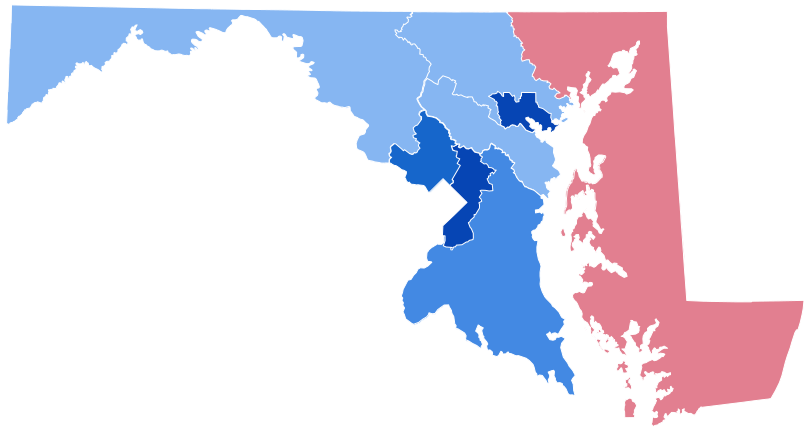Choptank’s Migrant Outreach Program

Do you know there are still migrant camps on the Eastern Shore? Many of us thought that migrant camps disappeared along with the Shore’s truck farms, but migrants are still here and still employed in agriculture or crab-picking facilities.
Not surprisingly, until Choptank Community Health System established its migrant outreach program in 1997, there was little to no healthcare for migrants, according to Lucie Hughes, Choptank’s director of communication. In a recent email interview, Hughes said that Choptank’s Migrant Health Center serves a large number of migrants on Hoopers Island, and cares for workers at plant nurseries and farms in Caroline, Queen Anne’s, and Kent counties.
The migrant populations that are served are primarily Haitian and Hispanic. To carry out its mission, Choptank provides on-site interpreters of Creole and Spanish during all camp visits.
There are several provider teams that care for migrants. Working from March to September, the teams visit some 18 camps and see up to 350 workers each season. Care is provided in the camps by Choptank’s mobile health units. The teams visit workers during their lunch break or after work hours at their temporary homes.
In addition to providing routine and urgent healthcare, Choptank also manages chronic conditions. Most common acute diagnoses are for allergies, rashes, musculoskeletal problems, and overuse injuries. Common chronic conditions include hypertension, diabetes, and gastroesophageal reflux disease (GERD). Choptank also provides referrals for dental services, prescriptions, and medical supplies.
Because migrants do not have health insurance, Choptank’s outreach program is funded by the Health Resources and Services Administration. Its website reports that HRSA “provides equitable healthcare to people who are geographically isolated and economically or medically vulnerable.” HRSA has over 90 programs and more than 3,000 service provider grantees. HRSA also oversees programs for providing discount prescription drugs.
If workers need care beyond what Choptank can provide, the outreach team works with hospitals, specialists, and labs to access discounted services. Hughes indicated, however, that the program tries hard to keep workers out of the hospital by providing urgent, acute, and chronic care. She said, “in the rare event that a migrant worker needs care in the hospital, we work closely with our local hospital healthcare partners to find financial support for the patient for these costs, as they are not covered under our migrant program.”
A native of Wicomico County, George Shivers holds a doctorate from the University of Maryland and taught in the Foreign Language Dept. of Washington College for 38 years before retiring in 2007. He is also very interested in the history and culture of the Eastern Shore, African American history in particular.
Common Sense for the Eastern Shore









